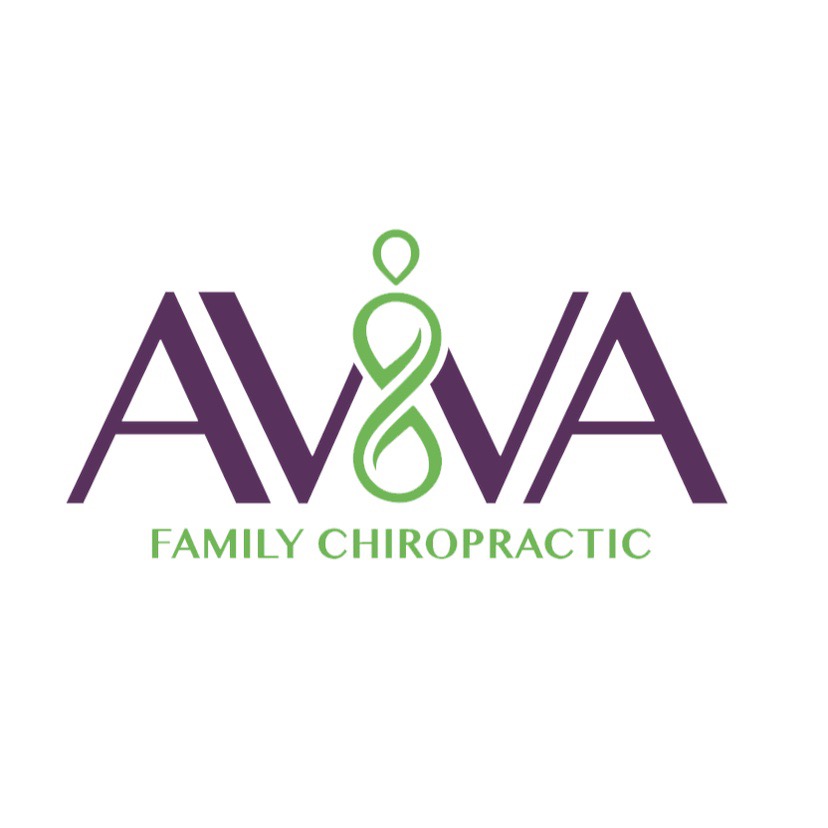Can Dehydration Cause Back Pain? Importance of Water for Spinal Health
- Aviva Family Chiropractic

- May 10, 2022
- 4 min read
Updated: Apr 14, 2025

Staying hydrated is important no matter what time of year, especially if you are visiting or living in a tropical location like Puerto Rico. As we spend more time in or around water, we tend to forget to drink enough of it. Humidity can also play a trick on our body, as we may feel like we are getting more water than we truly do.
Did you know that almost 60% of the human body is water? Your body heavily relies on the water you consume to replenish, restore, and function properly. So, If you’re not drinking enough, your body will let you know through aches and pains, back pain being one of them.
Read on to learn just how important hydration is for your spinal health and flexibility.
How Dehydration Causes Back Pain
If you’re not too familiar with anatomy, there are small discs (jelly-like substances) within your spine vertebrae that are made almost entirely of water. Water acts as a shock absorber for your spinal cord and lubricant for your joints, helping maintain your flexibility. When your spinal discs aren’t properly hydrated, they can’t support your spinal flexibility as normal.
Lack of proper hydration impairs the health of the discs, which can lead to swelling and injury of the spine, and eventually affect your entire body. If you are experiencing back problems, your lack of water intake may be the culprit.
How much water should you drink per day?
A good rule of thumb for water intake is to drink about half of your body weight in fluid ounces per day. For example, if you weigh 180 lbs, you’ll want to drink at least 90 ounces of water daily. You will still need to drink more when exercising or when it is very hot. Gradually drinking water throughout the day and eating fruits and vegetables, because they also contain water, can help you stay hydrated.
Staying hydrated will help your body regularly replenish and fortify the discs in your spine so that your back remains healthy.
Symptoms of Dehydration
Depending on your age and lifestyle, dehydration can show up in different ways for different people. However, here are the most common indicators that your body is craving water:

6 Tips to Stay Hydrated
Many of us aren’t aware that we don’t drink enough water. Studies show that a shocking 75% of Americans are chronically dehydrated! Here are a few ways to combat that.
1. Try adding electrolytes to your diet for hydration
Electrolytes play a crucial role in hydration as they help regulate fluid balance in the body. Adding electrolyte-rich foods and drinks to your diet can aid in rehydration and prevent dehydration, especially during periods of high physical activity or in hot and humid environments.
2. Try a water tracking app
If you have a smartphone, there are many wellness apps you can download that send alert reminders throughout the day for you to grab some water. A few popular hydration apps include Hydro Coach, Daily Water Tracker, and Aqualert.
3. Increase water intake during exercise
It’s easy to get in your fitness groove and forget to take a quick water break. Make sure to drink water throughout your workout routine, replenishing your muscles and lowering your body temperature.
4. Eat more fruits and vegetables
Our body doesn’t only retrieve water from drinking. The food we eat also contains water, especially fruits and vegetables. Simply adding a breakfast smoothie to your routine will jumpstart your morning with water.
5. Pay attention to your urine
Since water flushes out toxins from your body, the color of your urine says a lot about the amount of water you drink. When we don’t intake enough water, our kidneys try to preserve as much as possible. This causes urine to look a darker yellow or darker than normal.
6. Buy a reusable bottle for on-the-go
Keeping a water bottle with you can serve as a visual reminder! Use a washable, reusable bottle that can easily fit in your purse or backpack.
Misalignments in the spine impact the regular replenishing process of the spine. Fortunately, Aviva can help! With regular chiropractic adjustments, your body can absorb water easier and keep your spine in tip-top shape.
*Health Disclaimer
This blog provides general information and discussions about health and related subjects. The information and other content provided in this blog, or in any linked materials, are not intended and should not be construed as medical advice, nor is the information a substitute for professional medical expertise or treatment. If you or any other person has a medical concern, you should consult with your health care provider or seek other professional medical treatment. Never disregard professional medical advice or delay in seeking it because of something that have read on this blog or in any linked materials. If you think you may have a medical emergency, call your doctor or emergency services immediately. The opinions and views expressed on this blog and website have no relation to those of any academic, hospital, health practice or other institution



